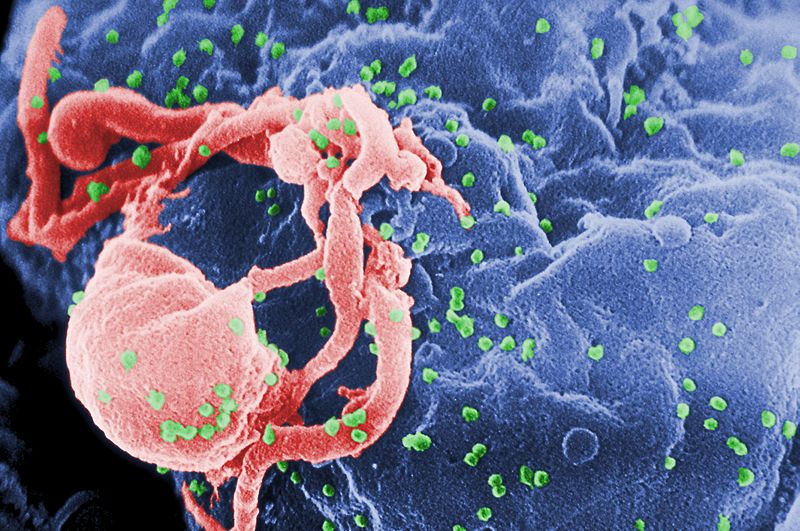Can Moderna's mRNA tech overcome the HIV vaccine roadblock?

Moderna has kicked off a clinical trial of an HIV vaccine based on the same mRNA platform that underpins its COVID-19 shot – seeking to succeed where traditional vaccine technologies have failed.
The first healthy volunteers are now being vaccinated in the 56-subject IAVI G002 study, disclosed last month, which is being funded in part by the Bill & Melinda Gates Foundation.
Moderna has developed an mRNA shot that can deliver HIV-specific antigens discovered by researchers at non-profit group IAVI and Scripps Research that have already been tested in a proof-of-concept study carried out last year using an adjuvant protein vaccine approach.
The results of that earlier study (IAVI G001) showed that one of the antigens (eOD-GT8 60mer) stimulated the targeted B-cell immune response - broadly neutralising antibodies (bnAb) - in 97% of vaccine recipients.
Lead scientist Dr William Schief said that the speed with which mRNA vaccines can be produced could shave years off the time it takes to bring the HIV vaccine through development.
"We've been able to expedite production of clinical trial material at a remarkably rapid pace because of Moderna's technology," he said.
The team is testing two different Moderna vaccines used in tandem, one to prime the immune system targeting eOD-GT8 60mer and another targeting a different immunogen called Core-g28v2 60mer to boost the response.
Results are due next year, but the current trial is only seen as the first step in developing a potential HIV vaccine.
The lead investigator in the study – David Diemert of GWU School of Medicine and Health Sciences – said that "further immunogens will be needed to guide the immune system…toward the goal of generating antibodies that can neutralize a broad range of HIV variants."
The start of the trial comes after one of the front-runner candidates in the decades-long quest to find in HIV vaccine – Johnson & Johnson – reported that its candidate failed a phase 2b trial.
The Ad26.Mos4.HIV vaccine – which uses the same adenoviral technology as J&J's COVID-19 vaccine and targets four HIV antigens – showed that the shot was safe, but unable to meet its target of reducing transmission of HIV by 50%.
Despite more than 30 years of research, the tendency of the virus to mutate means that classical approaches to vaccine design have been ineffective, and at least four prior vaccine candidates have failed in clinical trials.
Last year, the HVTN 702 study of two co-administered HIV candidate vaccines from Sanofi Pasteur and GlaxoSmithKline, combined with GSK's adjuvant MF59, was also discontinued due to a lack of efficacy.
For Moderna, the cash generated from its COVID-19 vaccine – around $17.5 billion in 2021 – has allowed the company to expand accelerate its R&D pipeline plans, and the HIV is one of more than 20 programmes in clinical development.
It is also running trials of vaccines for flu, cytomegalovirus, chikungunya and Epstein-Barr virus, as well as mRNA-based therapeutics for heart failure as well as various indications in oncology including solid tumours and haematological cancers.












